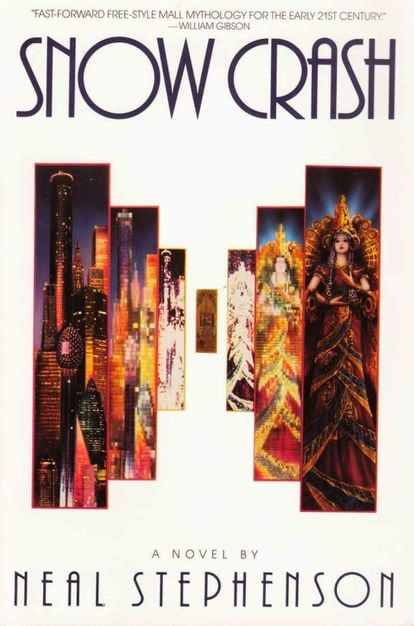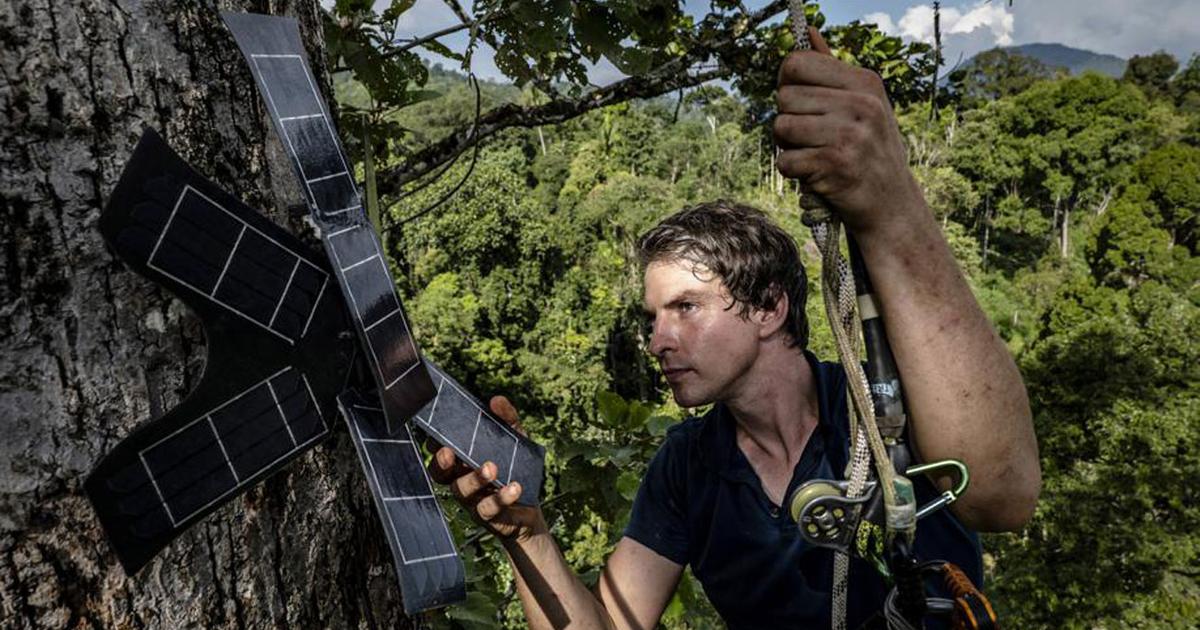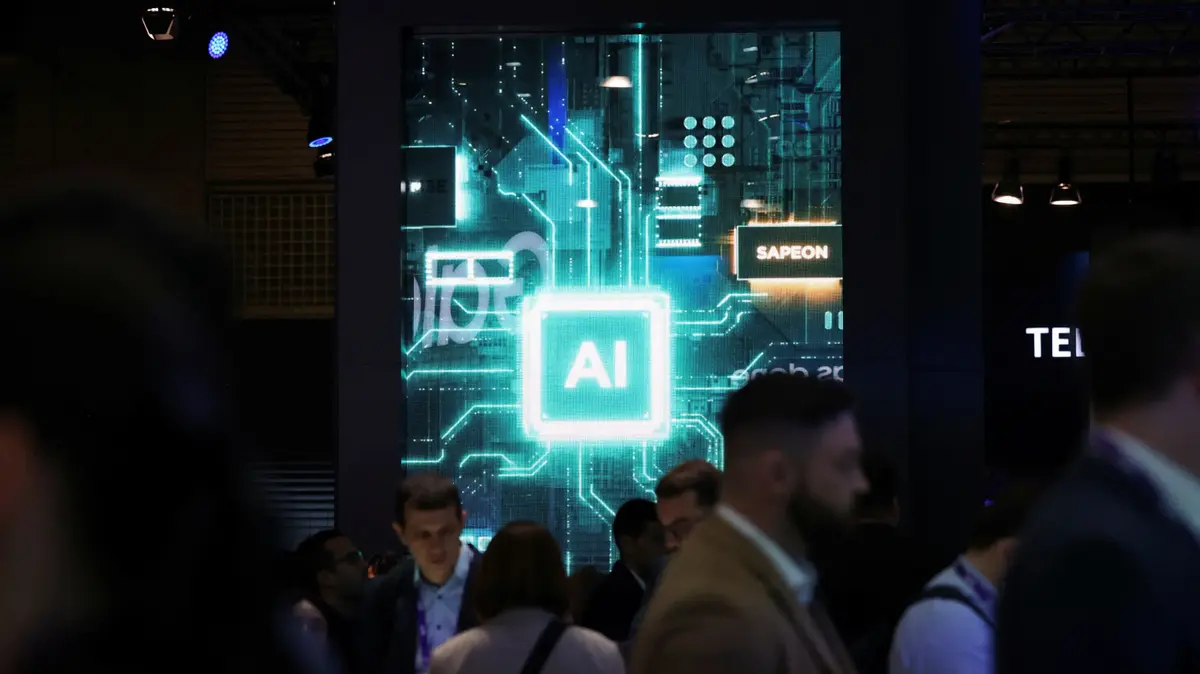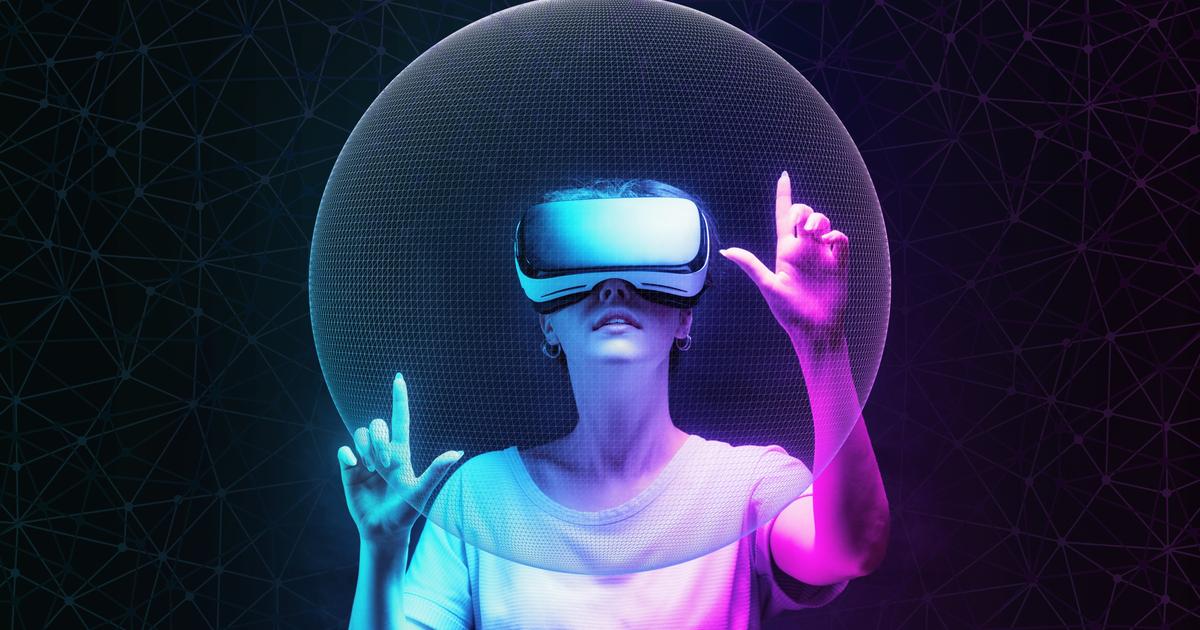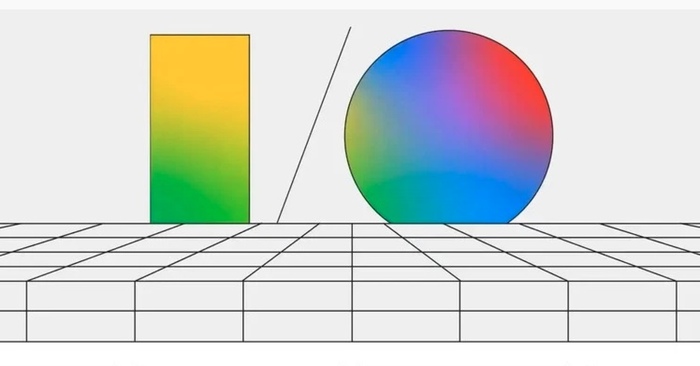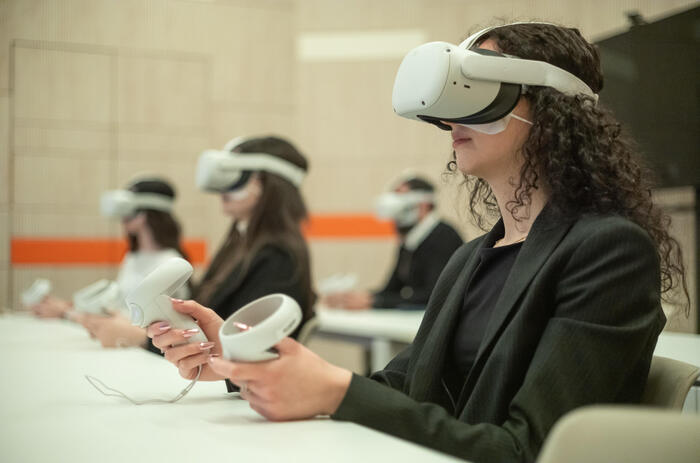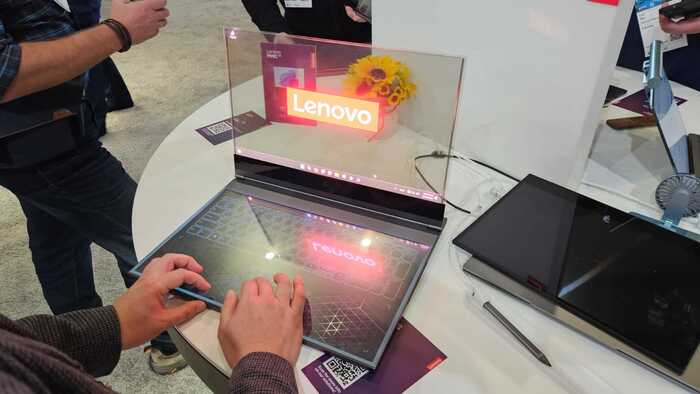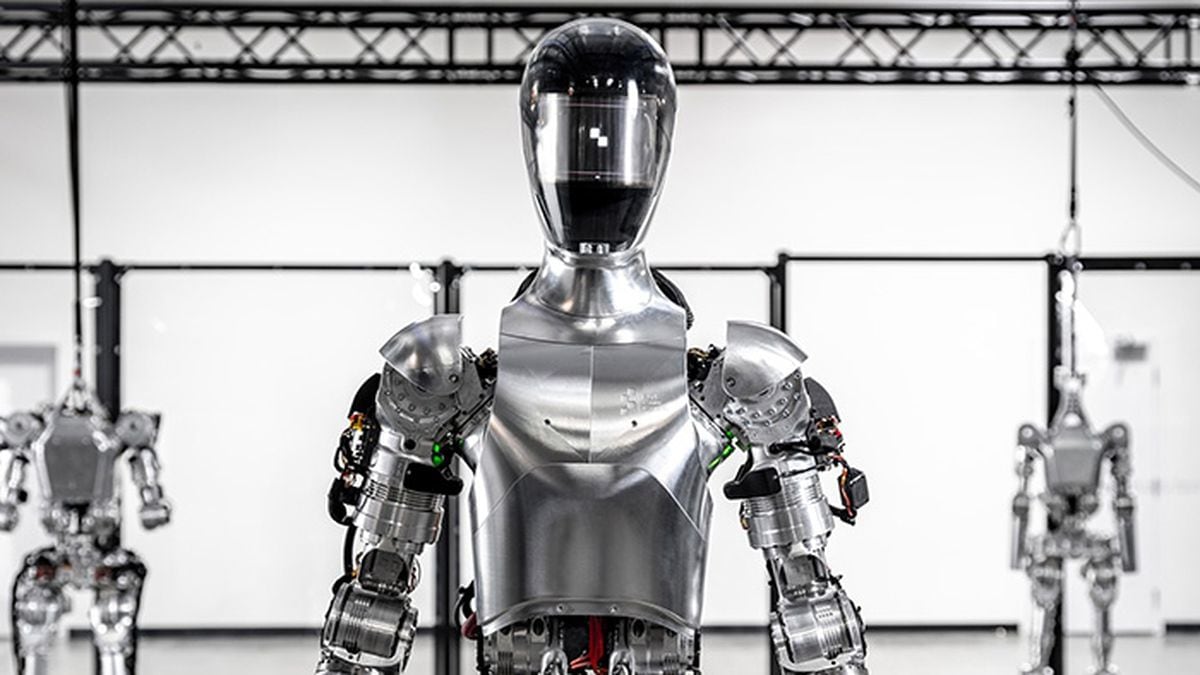Virtual reality experience in Pudong, China.ALY SONG / Reuters
Great technological revolutions are not born overnight.
Rather, they are typically announced decades in advance.
Back in 1945, the American scientist Vannevar Bush published an article titled
As We May Think
(
as we can think
) in
The Atlantic
magazine.
. In it, he launched an idea that became the prehistoric prelude to the internet: the creation of a machine he called Memex, designed to help classify information in an indexed way so that it could be retrieved in a similar way to browsing. The Internet would take 44 years to arrive, and it did so in a way that Bush could never imagine. And it is that the general lines of technological solutions are usually outlined long before there is the technical capacity to produce them. And they are rarely right when it comes to predicting how they will turn out, which features will end up being more or less important, which experiences will appeal to users, and which governance models or competitive dynamics will drive them.
Something similar may be happening with the so-called
metaverse
, a term created in 1992 by Neal Stephenson in his novel
Snow Crash
and which has now jumped into the media after a talk by Facebook founder and CEO Mark Zuckerberg on the publication's podcast. American
The Verge
. What is a metaverse? A universe created in cyberspace that is accessed with virtual reality (basically with Oculus-style glasses) and in which, ideally, it should be possible to travel through different experiences in a shared way with millions of other users: work meetings , virtual offices, concerts, games, shops or public squares where you can meet your friends. "Imagine putting on a virtual reality headset in which screens are generated and in which you do not see the real world, but another generated by a computer", explains in a telephone conversation César Córcoles, professor of Computer Science, Multimedia and Telecommunications at the Open University de Catalunya (UOC). "And from here all kinds of things start to happen." Mark Zuckerberg has his own definition."I think it is a persistent and synchronous environment in which we can be together, which I think will probably look like a kind of hybrid between the social platforms that we see today, but in an environment in which you will be immersed" .
Cover of 'Snow Crash', from 1992, which in 2005 was named one of the 100 best novels in English language according to the magazine 'Time'. It exposes a concept that, according to the author Neil Stephenson, could happen to the current internet: the 'metaverse', a parallel world in which to interact and live embodying an avatar, a virtual representation (which does not have to be faithful) of ourselves .
Anyone who is a regular at video games, who has played the defunct
Second Life
game
or who has seen the movie
Ready Player One
, shot in 2018 by Steven Spielberg, will be familiar with the idea. The children's video game Roblox, (whose creator went public on the New York Stock Exchange last March),
Animal Crossing: New Horizons
or the famous
Fortnite
Epic Games increasingly present elements of a metaverse. The CEO of Epic Games, Tim Sweeney, has in fact been proclaiming for many months his desire to contribute to the creation of a virtual universe. "We should think of the metaverse as an almost successor state of the mobile internet", the investor and technologist Matthew Ball assures EL PAÍS via questionnaire, "just as the mobile internet was based on the fixed line internet of the 90s and 2000s. In this case, however, the advance does not consist in moving our PC to a supercomputer in our pocket, but in moving to persistent virtual worlds in which we will often work, spend our leisure time, learn ... and much more ”.
This idea of
persistence
constitutes one of the pillars on which this new parallel universe will be based, and it is one of the things that differentiates it from a simple video game: like real life, this virtual universe does not end or restart.
It will always be there, so if you build or buy a house in this virtual environment it will be there when you get hooked again.
Scene from the movie 'Ready Player One' (2018), directed by Steven Spielberg and based on the novel by Ernest Cline published in 2011. Warner Bros.
The metaverse, second, has to present a massive scale. It is something similar to what happened in
Ready Player One
, where much of humanity uses OASIS, a virtual reality simulation, to escape the real world. Thus, this new reality has to support millions of people being able to be present (and interact with each other) in, for example, a Foo Fighters concert held in that same metaverse (be careful, it is not about watching it online (
streaming
) from your home computer, but from being in the virtual room and that, if necessary, a person may even prevent you from seeing Dave Grohl screaming because he is taller than you).
Obviously, the technology does not yet exist to achieve this feat.
In 2019, Fortnite held a ten-minute concert by American DJ Marshmello
which, according to the company publicized, 10 million people attended.
Actually, this was not the case: there were over 100,000 instances (an instance is a copy of an executable version of a program) of the concert.
They were all slightly out of sync and capped at 100 players per instance.
Light years.
The third aspect is key: accessibility and interoperability. That is, it must be accessible from any device or operating system. This is one of the reasons for the success of
Fortnite
, for example. Interoperability is even more delicate: ideally, within the metaverse, users can move seamlessly from one experience to another (for example from Roblox to Facebook or to a certain plaza), and with the same digital identity, the same digital wallet and with the same digital assets, and that these are usable and interchangeable everywhere. Mark Zuckerberg seems to be of the same opinion. "I think that a good vision of the metaverse is not what a specific company builds," he said in his talk with
The Verge.
, “But it has to have the sense of interoperability and portability: you have your avatar and your digital assets, and you want to be able to teleport anywhere. You are not going to want to get caught up in the things of a company ”. "This statement surprised me in a positive way," says César Córcoles. “It surprises me and I like that it proposes to do an open metaverse. But I can't quite trust it ”.
The most ambitious pillar of this metaverse future is the creation of a true virtual economy with, ideally, a social impact. In this virtual universe, users will be able to acquire virtual assets. This is where the NFTs (non-fungible token) make all the sense, which until now have occupied news media for picturesque operations such as the sale of the first tweet, the original internet code or digital works of art. . These NFTs operate thanks to the blockchain and allow to give a unique identity and a specific owner to a digital asset. NFTs are already common currency today. In games like
Fortnite
large sums of money are spent in acquiring digital assets that allow to enjoy more capabilities.
Those assets can be resold in the form of NFTs.
In fact, there is a
sub-industry
in which people (usually in less developed countries) are dedicated to mining this type of tokens for people with greater purchasing power who do not want to spend their time generating that wealth.
Mark Zuckerberg, on February 17, 2020 upon his arrival at the headquarters of the European Commission.KENZO TRIBOUILLARD / AFP
The technology sector is just beginning to outline what this new reality may be. If it ever occurs. Matthew Ball, however, has little doubt about it. “The metaverse will transform almost every industry, just as PayPal and Skype disrupted credit cards and phone companies in the 1990s. It will also help transform categories that, until now, have resisted disruption, such as education and health ”. The concept has already appeared in documents of the Spanish Government itself, which in the Spain 2050 National Strategy cites that the “growth of the Metaverse” could lead to the creation of new types of jobs, such as “Minecraft gardener”.
What does it take for this project to explode? In addition to the technology that allows it and makes the experience satisfactory for users, Córcoles points to the concept of
killer app
: an application that is really useful and attracts users. “When [the video game]
Gran Turismo came out,
we all decided to buy you the Play Station ”, he recalls.
"Perhaps to open the market it is necessary to put virtual reality in the offices."
Especially after more than a year observing the limitations of videoconferencing, in which we just look at a box.
"In general, when digital technologies succeed is when they attack an existing problem and take it to their ground, and do not simply try to replicate the environment," says Córcoles.
"Not in vain, the cinema was successful when it stopped imitating the theater."
You can follow EL PAÍS TECNOLOGÍA on
and
or sign up here to receive our
weekly newsletter
.

